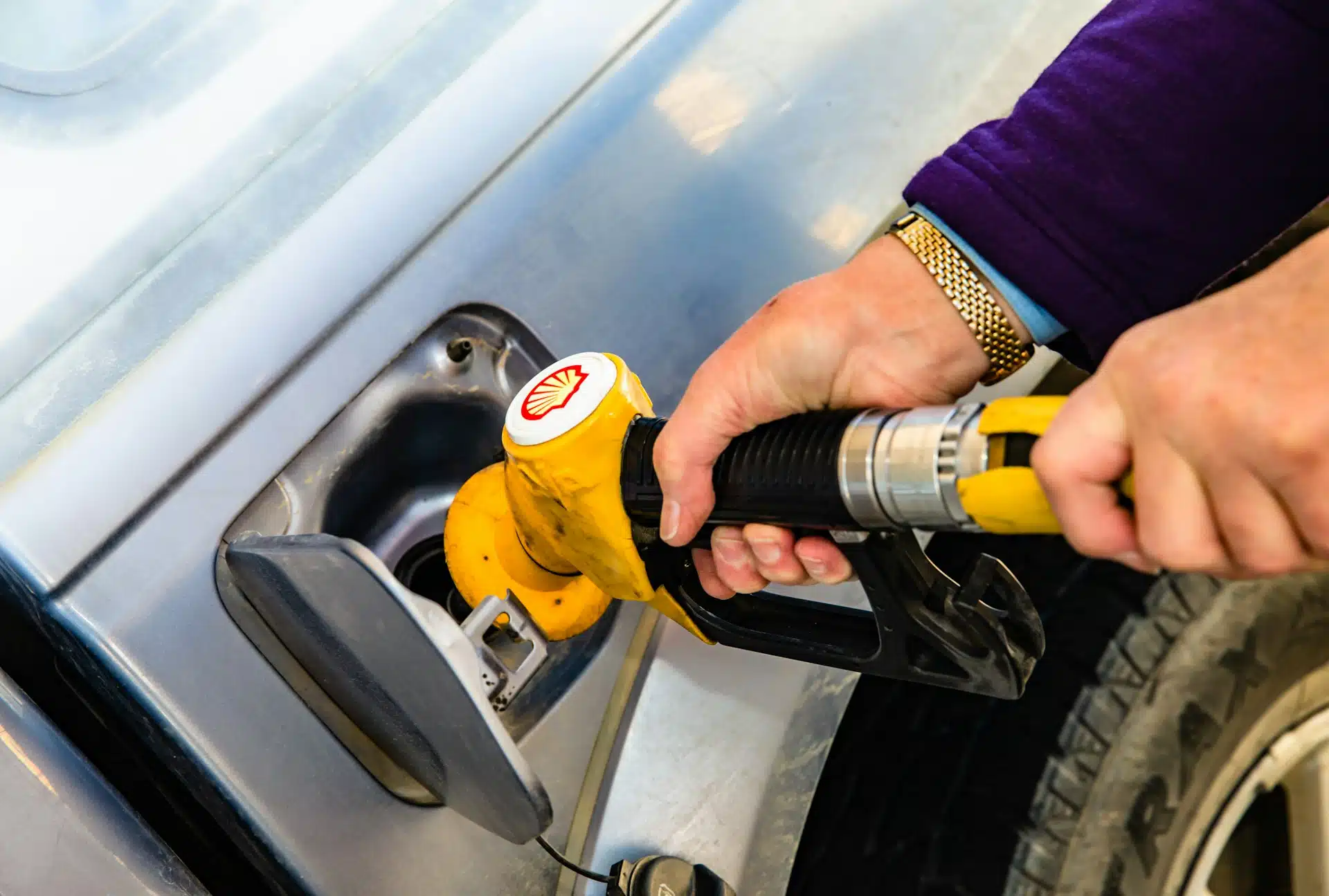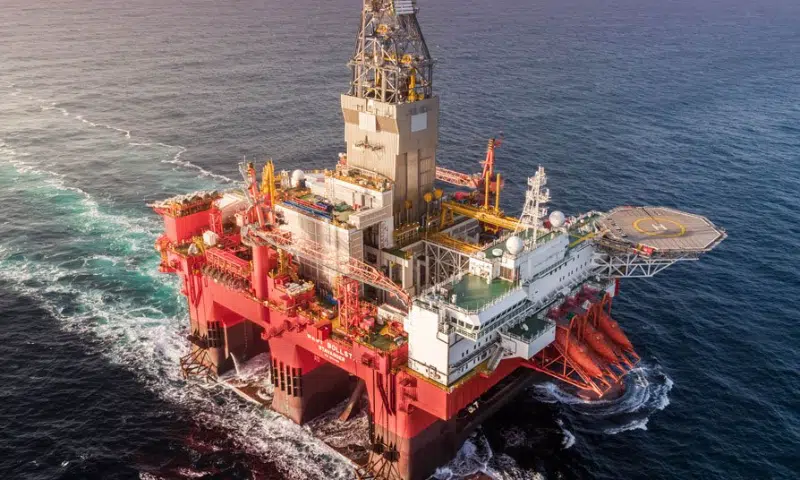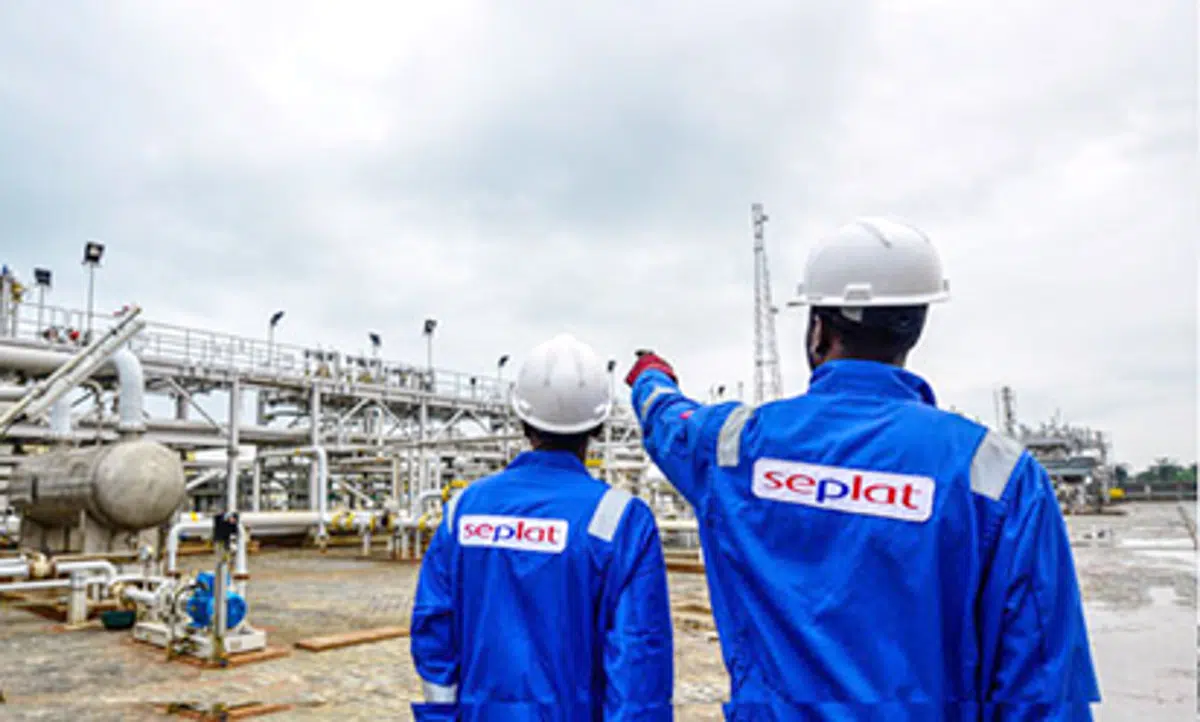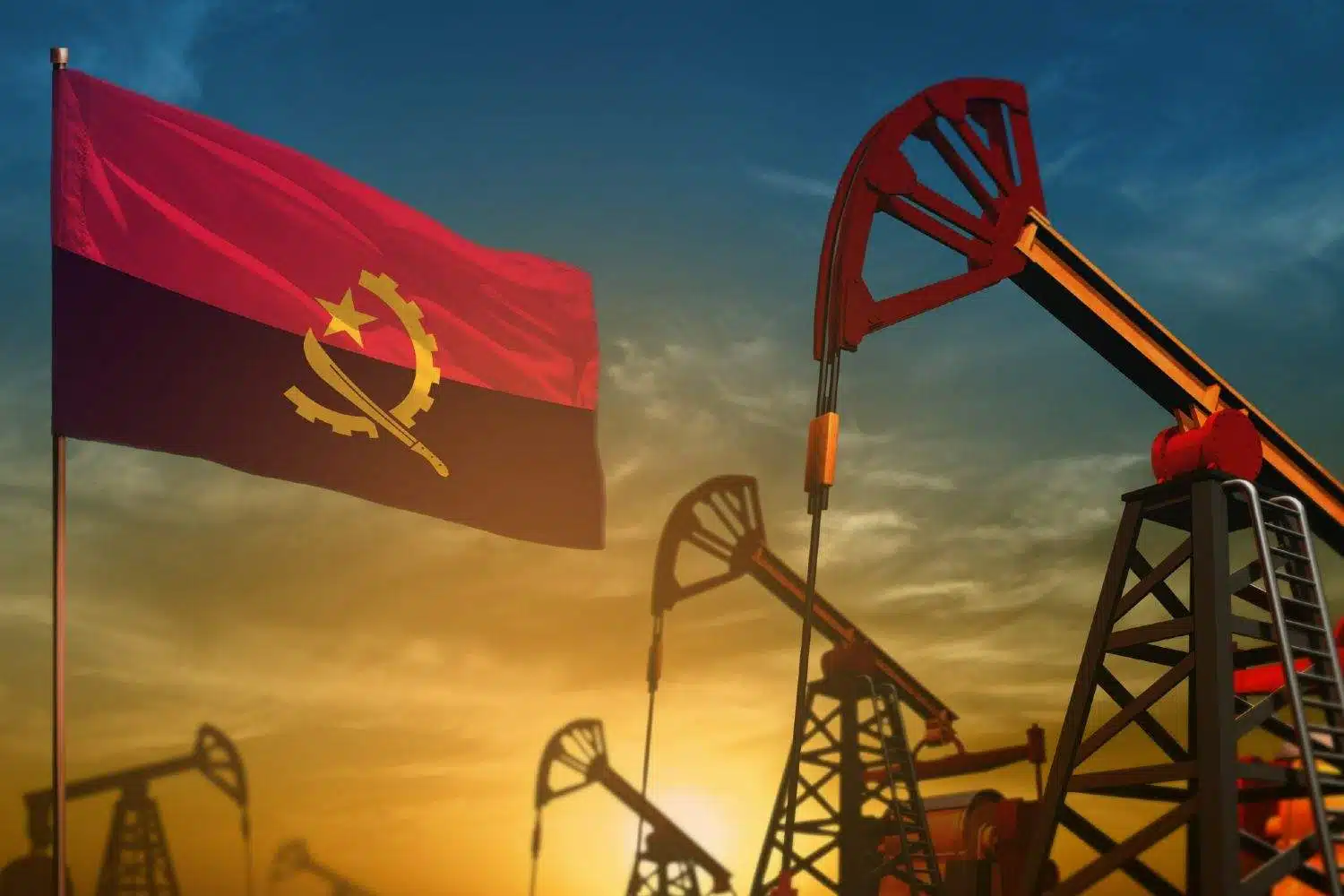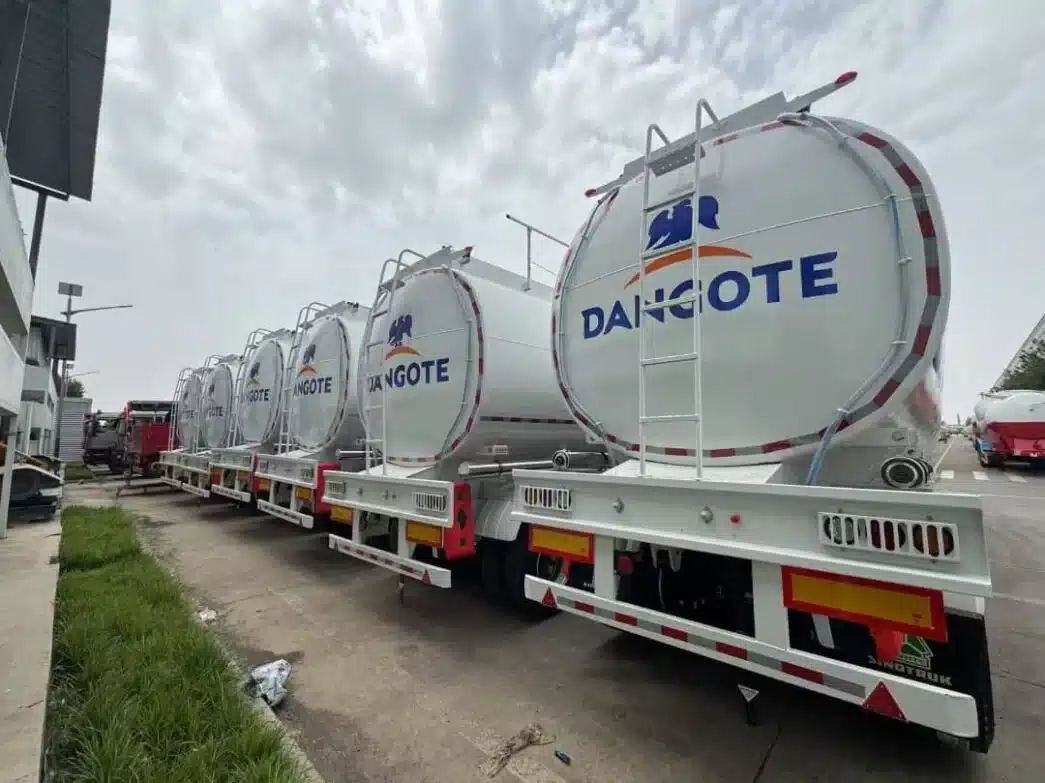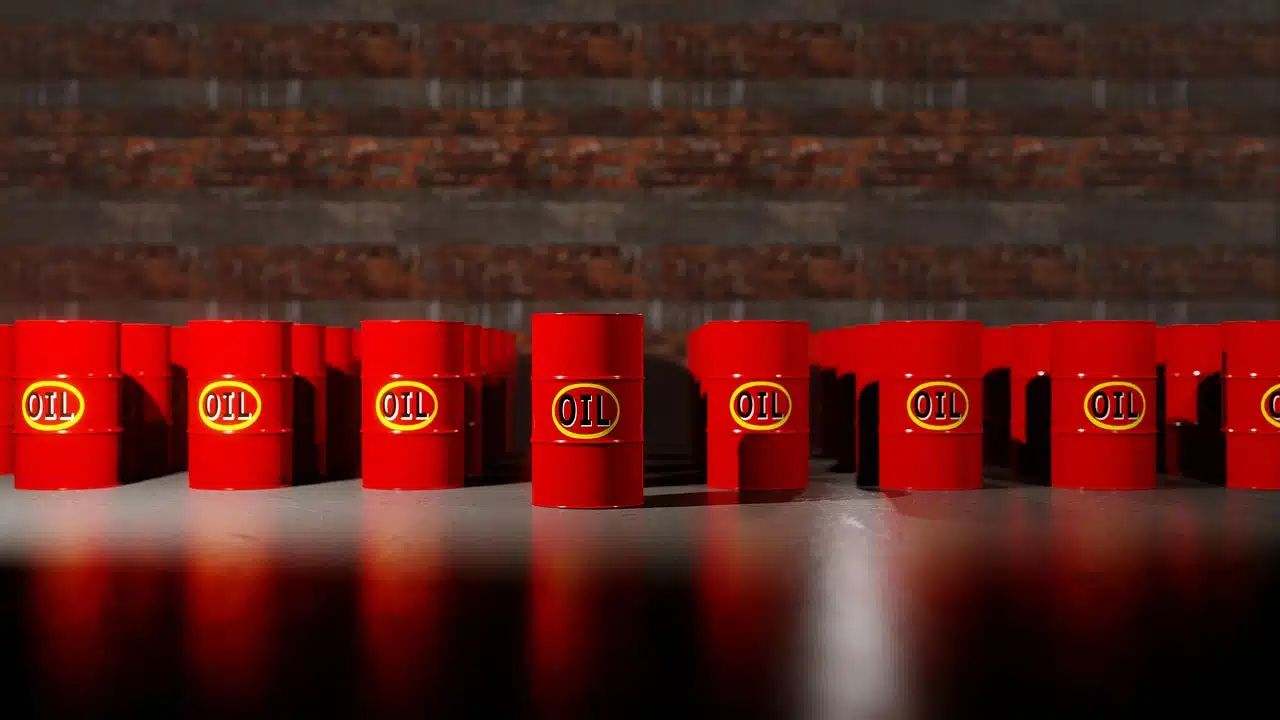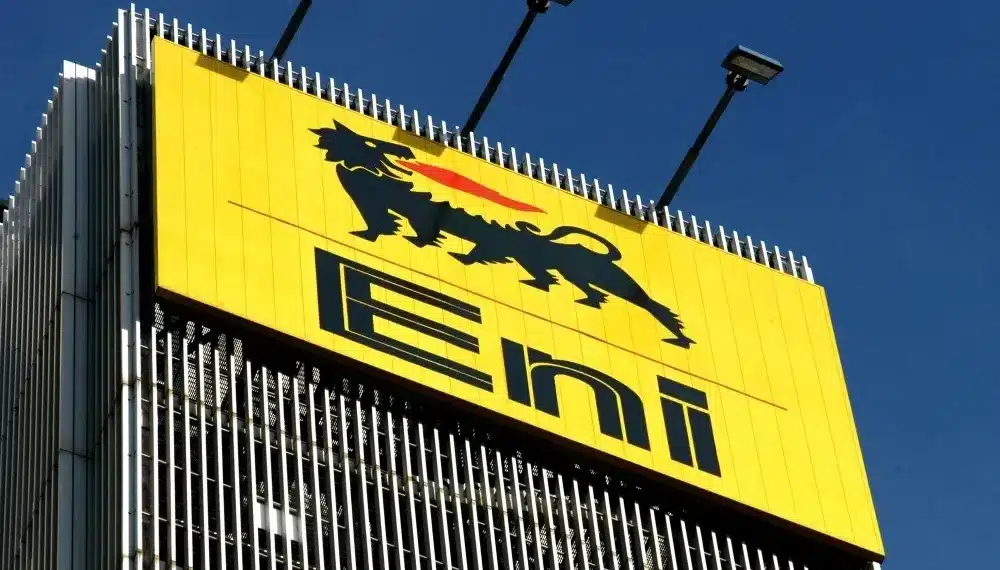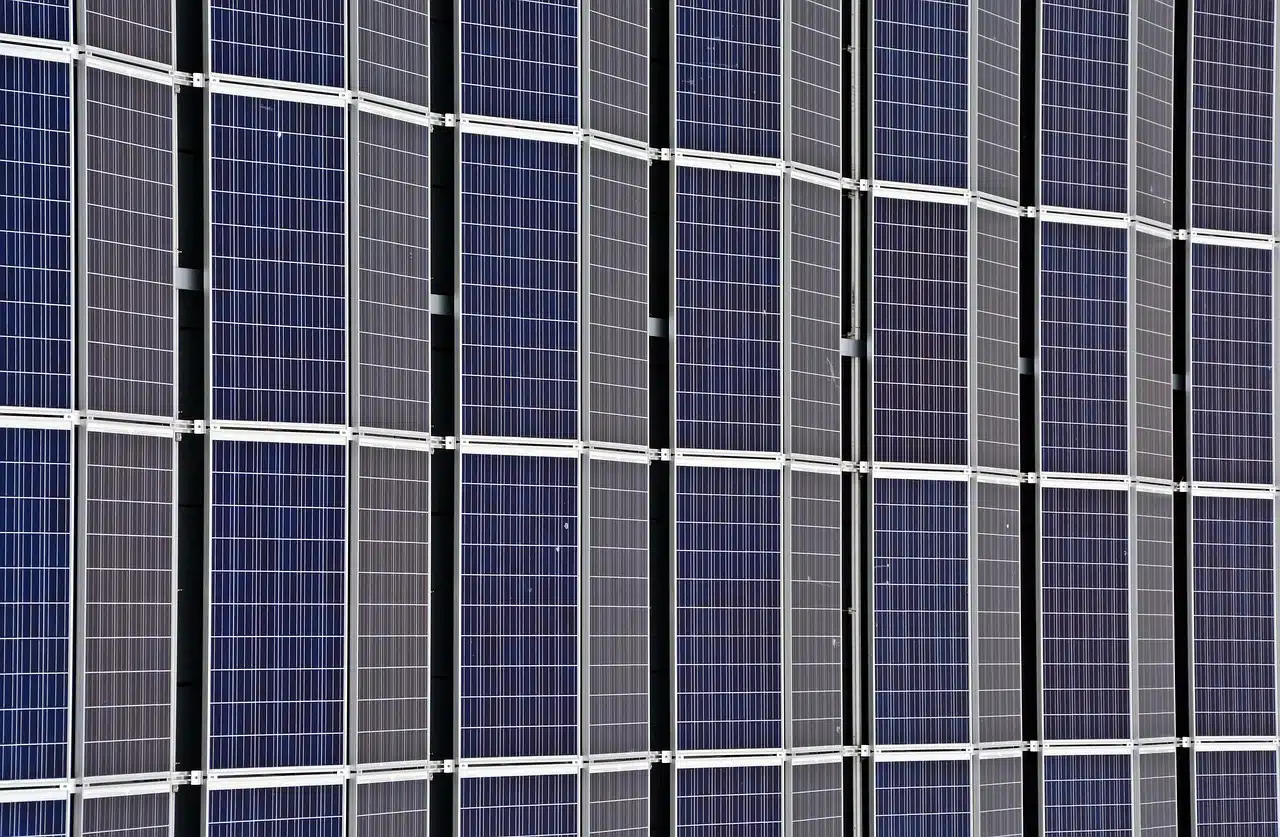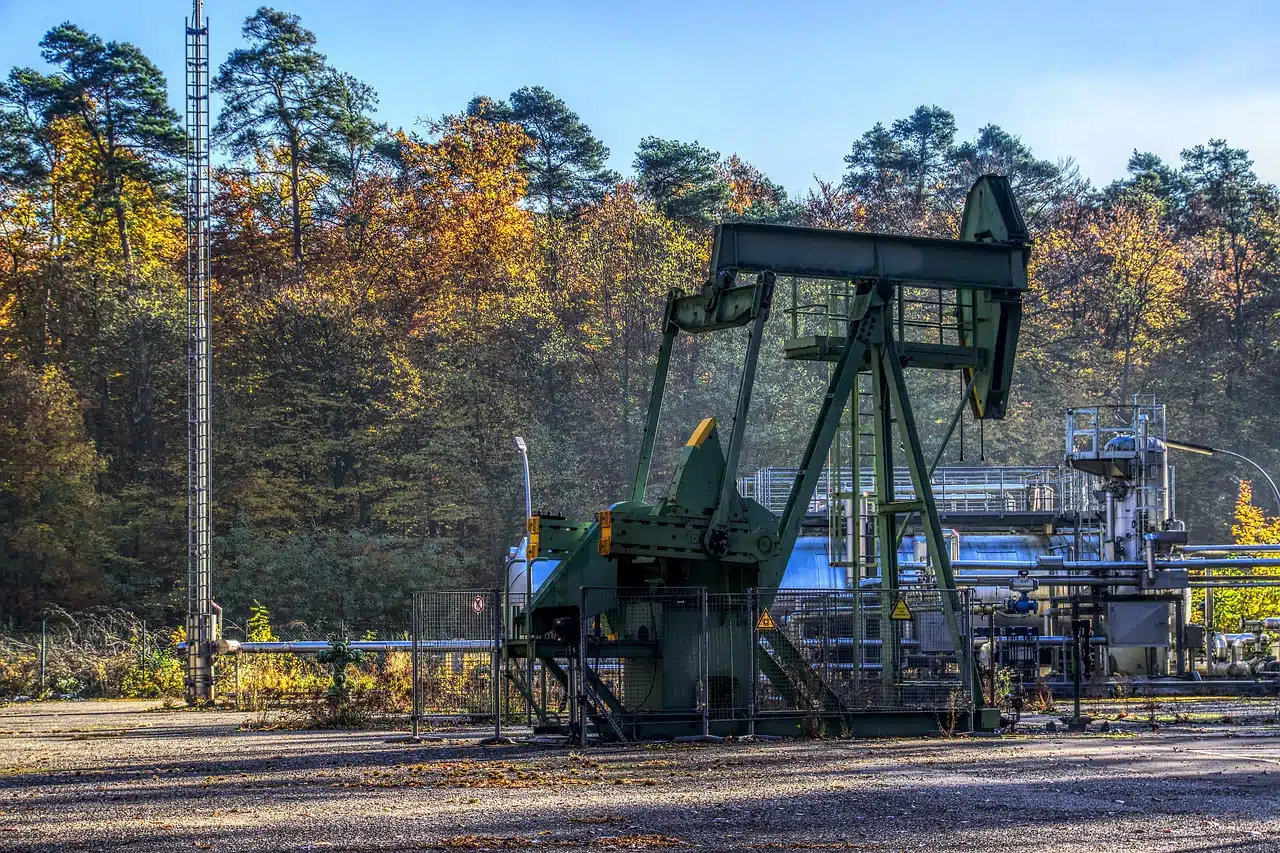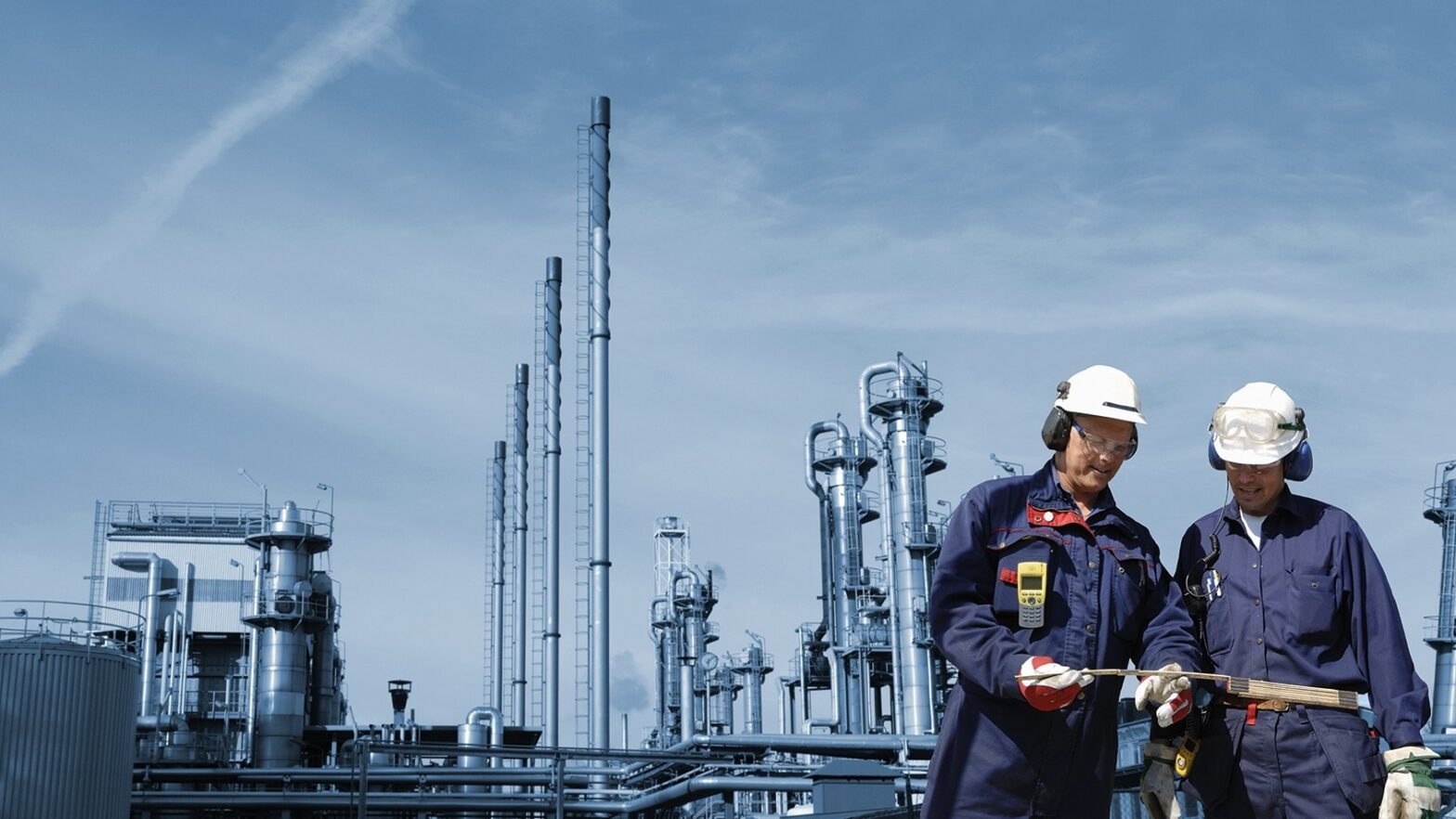Global crude oil prices have taken a noticeable dip in recent months, giving some African countries a reason to smile at least at the pump.
While others are still weighed down by fuel subsidies, taxes, and exchange rate drama, a few countries are taking advantage of the global oil slump to ease pressure on their citizens.
From southern Africa to the east coast, some governments have responded to the drop in international oil prices by lowering domestic fuel prices, however slightly.
Let’s take a tour of African countries that have slashed petrol prices recently and why others haven’t followed suit.
1. Kenya
Kenyans are finally catching a bit of a break.
The Energy and Petroleum Regulatory Authority (EPRA) recently announced a price cut in April 2025, bringing down the prices of Super Petrol, Diesel, and Kerosene by Sh1.95 ($0.015),Sh2.20 ($0.017) and Sh2.40 ($0.018) per litre, respectively.
Why the cut? EPRA cited a combination of falling global prices and a relatively stable exchange rate between the Kenyan shilling and the dollar.
The price of Super Petrol on the international market dropped from $927 per metric tonne in April 2024 to $683.89 by March 2025.
Diesel and kerosene prices also saw similar declines.
Additionally, the Murban Crude Oil benchmark used to set global oil prices fell from $89.14 per barrel in June 2024 to $80.22 by March 2025.
With the exchange rate hovering steadily around 130 KES to $1, the impact of global oil prices was felt directly at the pump.
2. South Africa
In South Africa, fuel prices change monthly like clockwork, based on both global and local market dynamics.
In early May 2025, the Department of Mineral Resources and Energy announced a decrease of 22 cents ($0.012) per litre for both Petrol 93 and Petrol 95, while diesel prices dropped by over 40 cents ($0.022) per litre.
This reduction was driven by a global drop in Brent crude prices, which averaged $66.40 compared to $71.04 in the previous review period.
Although the rand weakened slightly from 18.30 to 18.84 per $ it wasn’t enough to completely wipe out the benefits of lower oil prices.
The real kicker was the decline in international prices for refined petroleum products, alongside a stable slate levy (currently at zero).
Despite global uncertainties, including trade wars and oil oversupply, South Africans got a small yet welcome reduction in their fuel costs.
3. Namibia
Namibians also saw some good news in April 2025, when the Ministry of Mines and Energy announced a fuel price cut of 50 cents ( $0.027) per litre for petrol and 80 cents ($0.043)per litre for both diesel variants.
In Walvis Bay, this brought petrol down to N$20.67 per litre.
The ministry attributed the change to a global oil glut thanks to increased production from the US, Brazil, and Guyana which drove prices down to around $70 per barrel.
Namibia’s dollar also gained slightly against the US dollar in March, averaging N$18.26 per $, which helped make imported fuel cheaper.
4. Botswana
In December 2024, Botswana joined the party of price reduction.
The Botswana Energy Regulatory Authority (BERA) reduced the price of unleaded petrol 93 by 31 thebe ($0.023) per litre, unleaded petrol 95 by 27 thebe, and diesel by 10 thebe ($0.007). Illuminating paraffin also dropped by 15 thebe per litre.
The reason? A straightforward one: falling international oil prices. The country’s fuel pricing mechanism reacts directly to global benchmarks, and the December cut was a reflection of cheaper oil imports.
5. Zambia
Zambia’s Energy Regulation Board (ERB) announced a downward revision of fuel prices in April 2025. Petrol prices fell from K34.98 ($1.39) to K32 ($1.27) per litre quite a significant drop compared to other countries.
The ERB cited falling international oil prices and a slight appreciation of the Zambian kwacha as the main reasons. Zambia imports most of its fuel, so any improvement in the exchange rate or global crude price makes a direct impact on local prices.
6. Mauritius
Mauritius, known for its strategic petroleum pricing through the Petroleum Pricing Committee (PPC), also adjusted fuel prices in response to falling global crude and refined product costs.
Though the exact month of the recent drop wasn’t specified, the PPC typically revises prices based on global trends and shipping costs.
The island nation’s fuel pricing structure is sensitive to fluctuations in global markets, particularly as Mauritius is entirely dependent on imported fuel.
A drop in global oil prices automatically results in retail price reviews.

